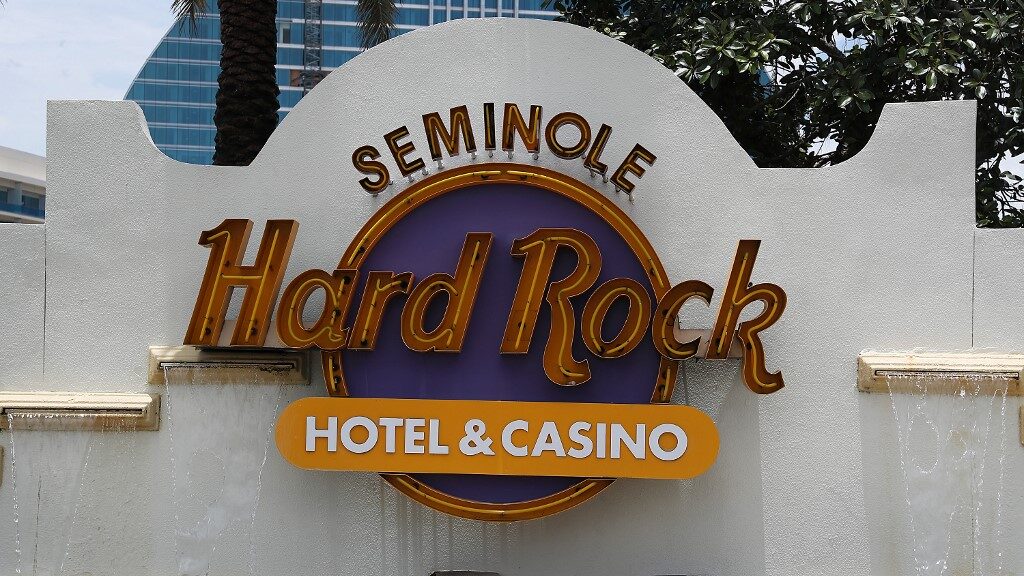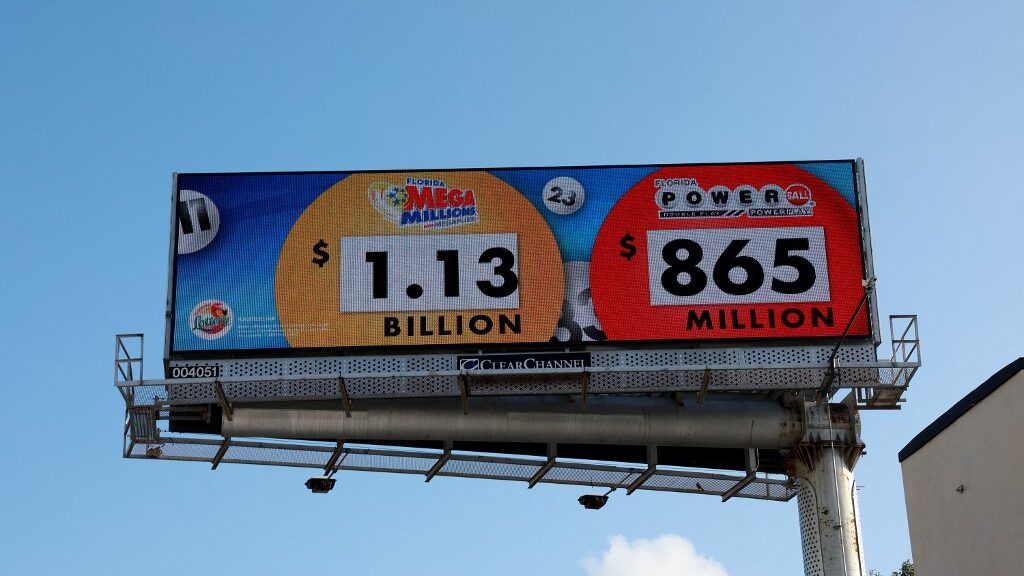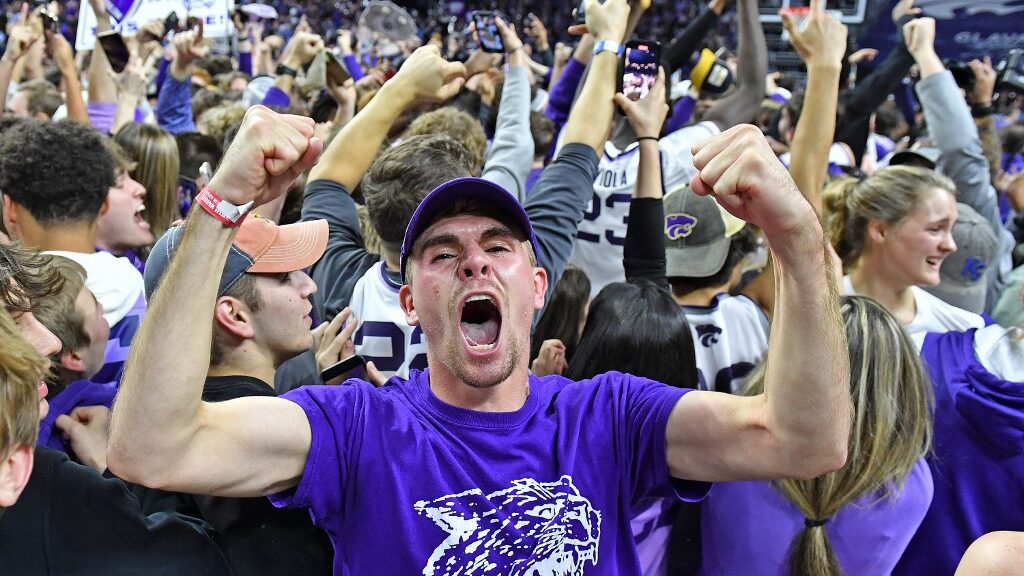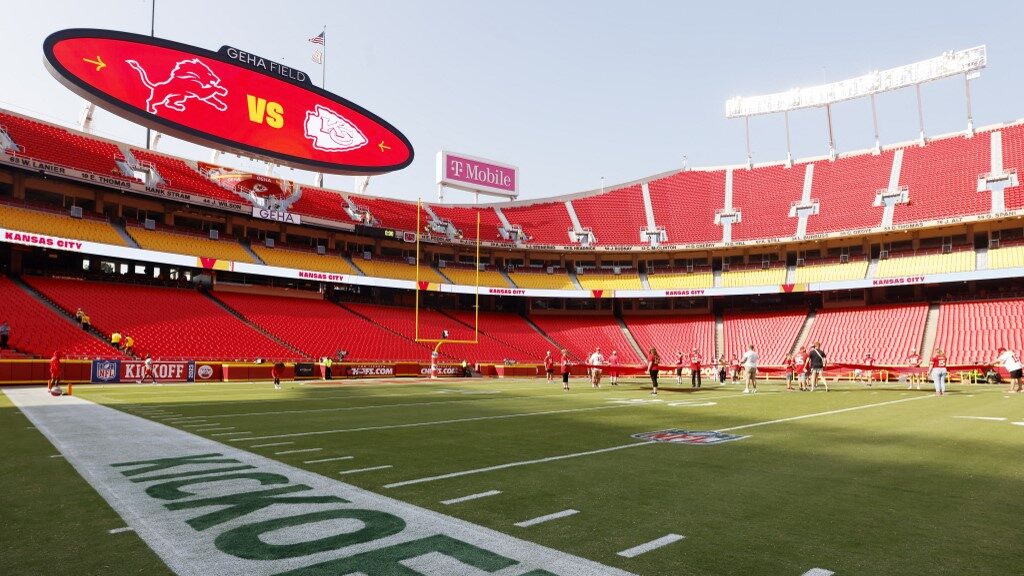
Florida sports betting is in the spotlight as it is one of the largest untapped online sports betting markets in the nation but the courts have given conflicting rulings as to whether the state’s Seminole Tribe, through their Hard Rock brand, can legally launch a mobile sports betting app.
First Defeat…
The initial court ruling went against the Seminole Tribe, stating they could not take online sports bets despite their contention that the servers processing those wagers were on tribal land. That adjudication put an immediate halt to online sports betting in Florida, as brief as it might have been, and suddenly the Seminoles were back to square one.
The compact between the state of Florida and the Seminole Tribe was construed by the tribe that the location of the servers, and not where the bet was made – off tribal lands – was the determining factor.
However, West Flagler Associates disagreed and filed the lawsuit as they have several gaming interests in Florida through the Havenick family, owners of Magic City Casino in Miami-Dade County, and Bonita Springs Poker Room in Southwest Florida. They believe the tribes should not have a monopoly on digital sports betting in the state and their initial foray against the tribe was legally successful.
Court Decision Against
In November of 2021, U.S. District Judge Dabney Friedrich said, “…this court cannot accept that fiction.” With “that” she is referring to the tribe’s contention that because their servers are physically on tribal land and processing the bets, they are within their rights to accept bets from across the Sunshine State.
The judge went further and stated in her 25-page ruling the following, “Altogether, over a dozen provisions in IGRA regulate gaming on ‘Indian lands,’ and none regulate gaming in another location,” she wrote. “It is equally clear that the (Interior Department) secretary must reject compacts that violate IGRA’s terms.”
“When a federal statute authorizes an activity only at specific locations, parties may not evade that limitation by ‘deeming’ their activity to occur where it, as a factual matter, does not,” she added.
After the decision, Magic City called Friedrich’s ruling a “victory for family-owned businesses like ours who pay their share in taxes and believe the free market should guide the business operations of gaming venues.”
“We look forward to working with the governor, Legislature, and stakeholders to pave a path forward that ensures a fair gaming marketplace exists in Florida,” the company said.
Then Victory
As you would likely guess, the ruling was appealed to a DC Circuit Court of Appeals where the case was decided at the appellate level nearly 20 months later. The Seminole Tribe repudiated the previous verdict by stating, “West Flagler and Interior make the incredible argument that the Tribe is not a required party under Rule 19(a), even though the District Court easily found the Tribe to be required because it is a party to the 2021 Compact at issue in this case.
West Flagler brought this suit against Interior as a collateral attack to stop the Tribe from exercising its negotiated-for rights under the 2021 Compact. West Flagler only did this because it knew it could not directly sue the State or Tribe due to their immunity.”
The appellate court agreed and this latest ruling, a victory for the Seminoles, vacates Judge Friedrich’s ruling that the compact violated the Indian Gaming Regulatory Act (IGRA).
While this development could pave the way for Florida sports betting apps, particularly the Seminole Tribe’s potential relaunch of online sports betting via the Hard Rock Sportsbook app, the legal battle is far from concluded and may ultimately reach the Supreme Court.
*Bookmakers Review will monitor this story and provide our readers with any updates as they happen.
















